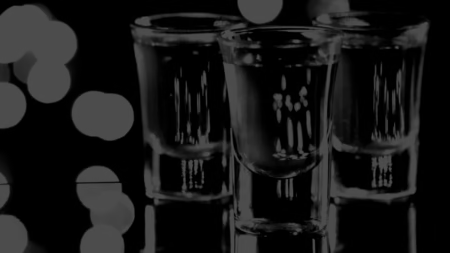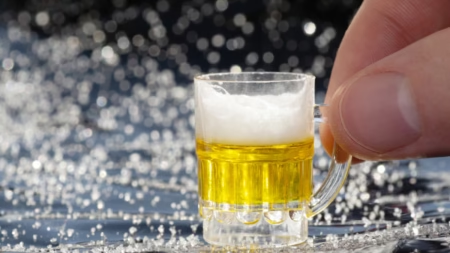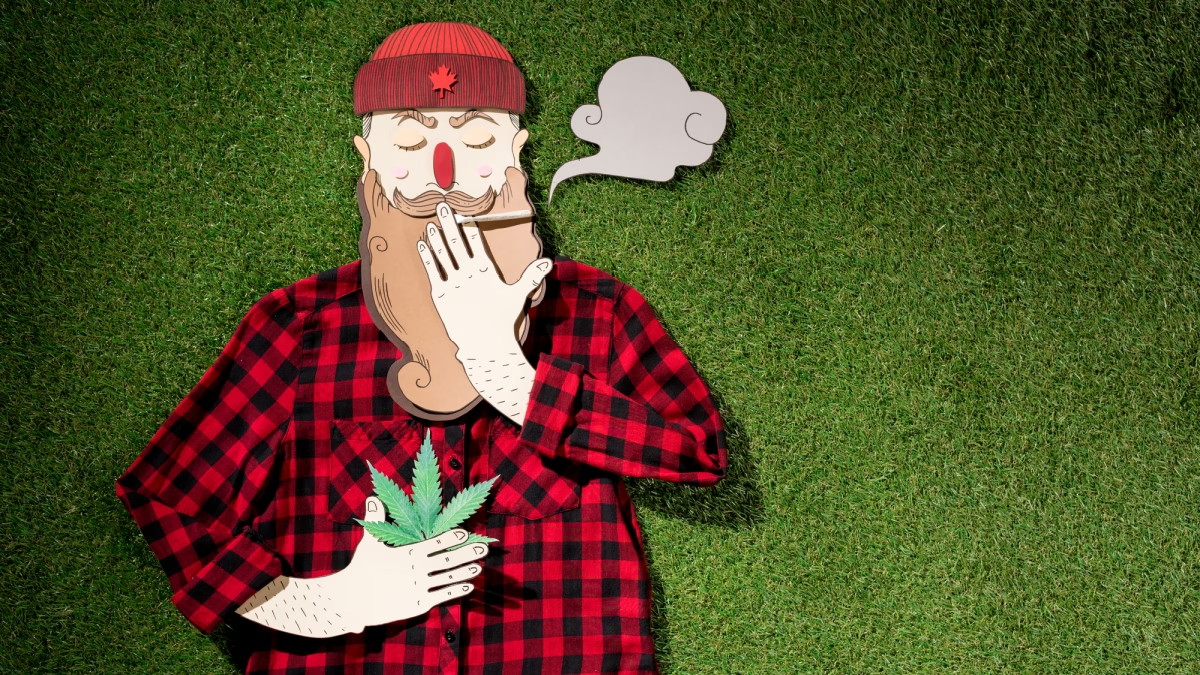
“I am a harm reduction advocate who uses marijuana, not a marijuana advocate who uses harm reduction.”
Andrew Littlefield
That distinction matters.
Harm reduction is not a free pass to use whatever substances we want, as long as they are not our former drug of choice. It is a set of strategies designed to reduce the negative consequences of drug use and, for many people, to keep them alive long enough to choose recovery on their own terms.
When I entered recovery, I committed to one year and four months of complete abstinence. No marijuana, no alcohol, no mind- or mood-altering substances. I attended Narcotics Anonymous religiously, followed the rules and built stability through structure and accountability.
That period of abstinence was not about proving something to anyone else. It was about facing the chaos of my life head-on, sober. I learned I could survive the hard moments without using. I found out who I was without drugs in my system.
Only after that foundation was in place did I reintroduce marijuana into my life. My harm reduction is built on the stability I gained during that abstinent period. Without that stability, my use today would look very different.
For anyone using any mind- or mood-altering substance — marijuana, alcohol, nicotine, even caffeine — there must be a system of accountability. Otherwise, it is far too easy to slip into old patterns. We tend to give substances power over us, to believe they are essential to our survival. The first step in keeping them in check is taking away that power.
We also have to be honest about what substances are, and keep that separate from who we are. For me, accountability means my marijuana use is not a secret. My wife knows I smoke. My mother knows. My therapist, my friends, my doctors — they all know. More importantly, they know I am open to hearing their concerns.
If I am not truly willing to examine my patterns of use, I am simply on a slow slide back into addiction. That’s why I also keep personal rules: never before my work is done, never in the morning unless it is a designated vacation or day off, and never because I am upset. If I break those rules, I am not just smoking marijuana — I am letting the self-regulation tools I worked hard to build fall by the wayside in favor of an easy fix.
Harm reduction is about keeping yourself alive, healthy and moving toward the life you want. But it only works if we are willing to stay honest with ourselves and others. Without that honesty and accountability, we are not practicing harm reduction. We are just finding a socially acceptable way to keep using.
For me, marijuana is part of my life. But recovery — and the accountability that comes with it — will always come first.
Disclaimer: All opinions expressed in the Speak Out! Speak Loud! Section are solely the opinions of the contributing author of each individual published article and do not reflect the views of The Sober Curator, their respective affiliates, or the companies with which The Sober Curator is affiliated.
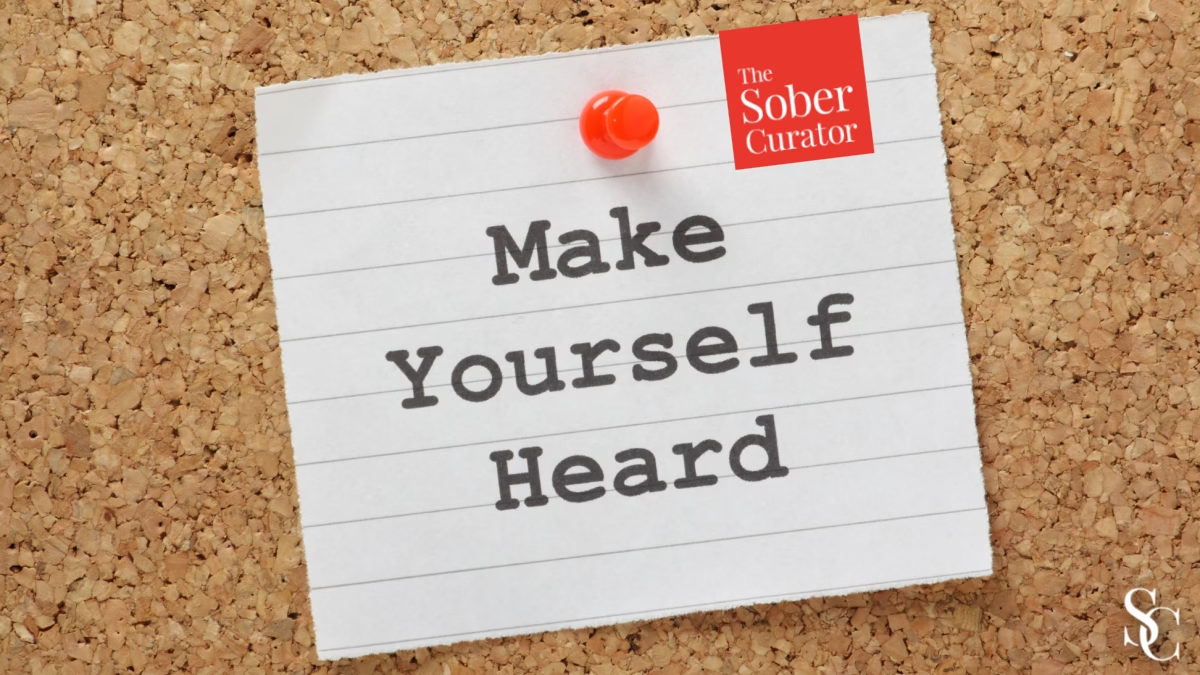
SPEAK OUT! SPEAK LOUD! at The Sober Curator is a celebration of authentic voices in recovery—echoing Madonna’s call to “Express yourself!” Here, readers and contributors take the spotlight, sharing transformative sobriety journeys, creative talents, and new avenues of self-expression discovered along the way. Through videos, poems, art, essays, opinion pieces, and music, we break the silence that often surrounds addiction, replacing it with connection, hope, and inspiration.
Your story matters—and we want to hear it. Submit your work to thesobercurator@gmail.com or DM us on social media.
Disclaimer: All opinions expressed in the Speak Out! Speak Loud! Section are solely the opinions of the contributing author of each individual published article and do not reflect the views of The Sober Curator, their respective affiliates, or the companies with which The Sober Curator is affiliated.
The Speak Out! Speak Loud! posts are based upon information the contributing author considers reliable. Still, neither The Sober Curator nor its affiliates, nor the companies with which such participants are affiliated, warrant its completeness or accuracy, and it should not be relied upon as such.
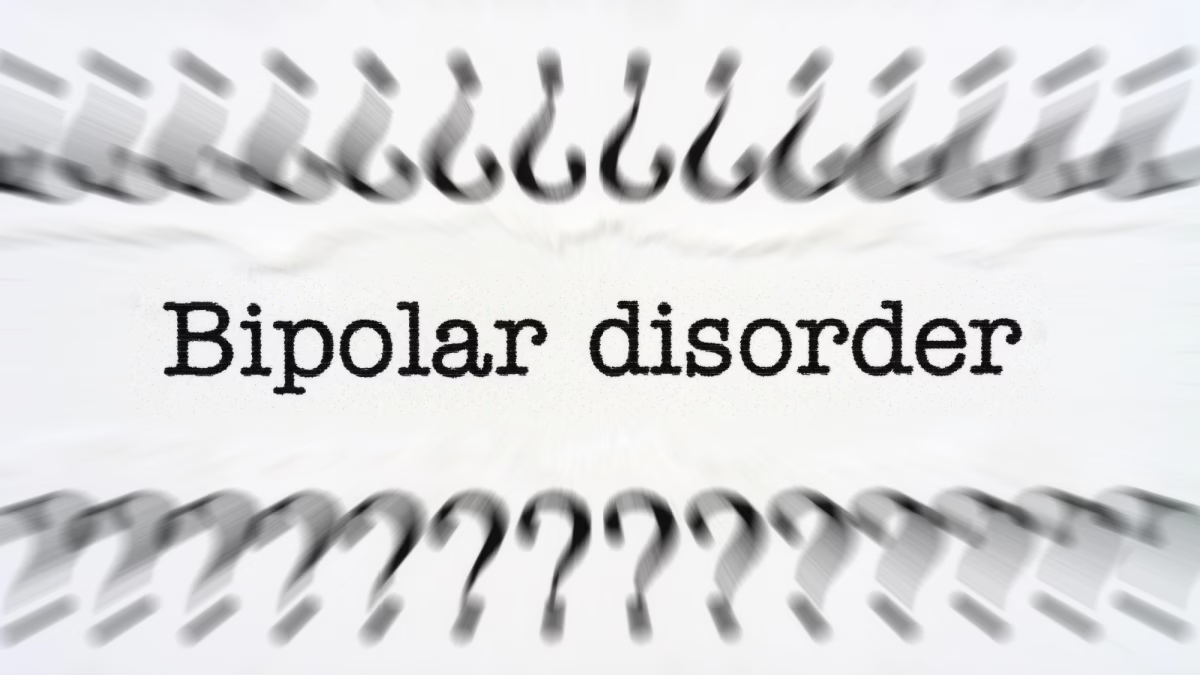
SPEAK OUT! SPEAK LOUD! I Am Bipolar, but My Recovery Is Not by Sober Curator Contributor Andrew Littlefield
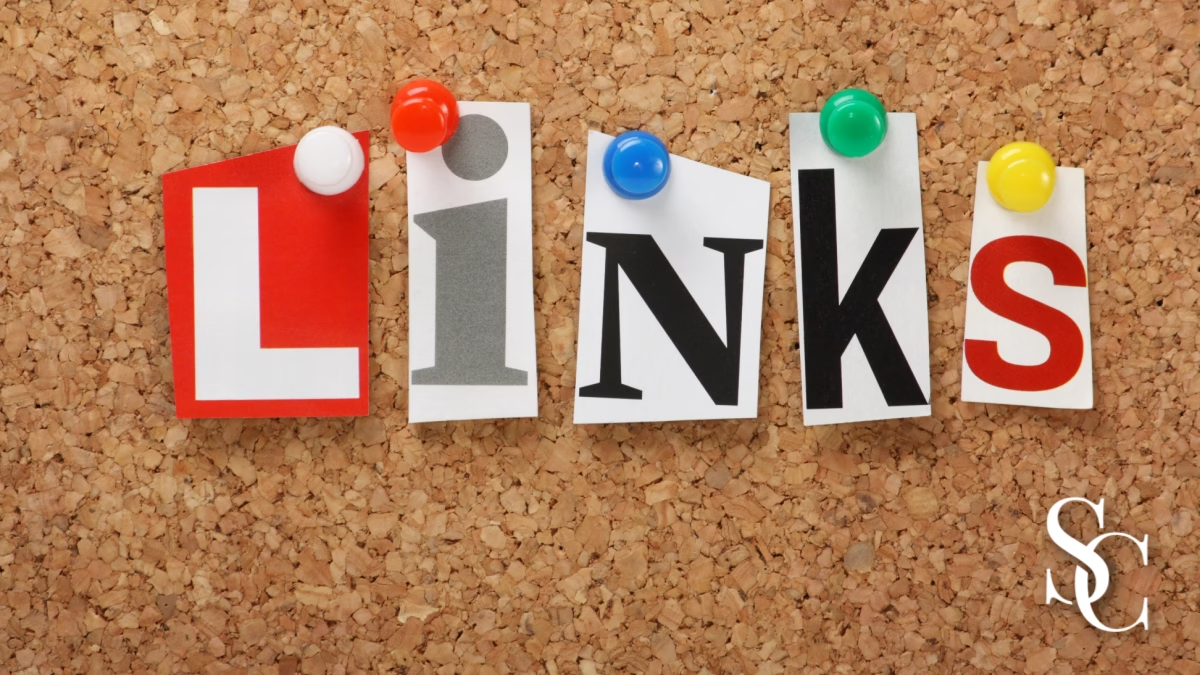
Help is Available
THE SOBER CURATOR RESOURCE GUIDE: At The Sober Curator, we provide high-quality content centered around the vibrant and fulfilling lifestyle of sobriety. While our focus is on the positive aspects of sober living, we also acknowledge that life can present challenges without the aid of alcohol or substances. Coping with these challenges alone can be daunting, which is why we strongly believe in finding recovery within a supportive community because it is the opposite of addiction.
If you or someone you know is struggling with alcohol use disorder, substance use disorder, a co-occurring illness, or a behavioral health disorder, we urge you to seek help. While the task may seem daunting, it’s important to remember that support is readily available and that there are people out there who want to help.
It’s crucial to remain persistent in your search for assistance until you find the right solution for your unique situation. In some cases, it could be a matter of life or death, so it’s essential to never give up on finding the necessary help.
If your life or someone else’s is in imminent danger, please call 911. If you are in crisis and need immediate help, please call: 988.
You’ve got mail from The Sober Curator

Resources Are Available
If you or someone you know is experiencing difficulties surrounding alcoholism, addiction, or mental illness, please reach out and ask for help. People everywhere can and want to help; you just have to know where to look. And continue to look until you find what works for you. Click here for a list of regional and national resources.




